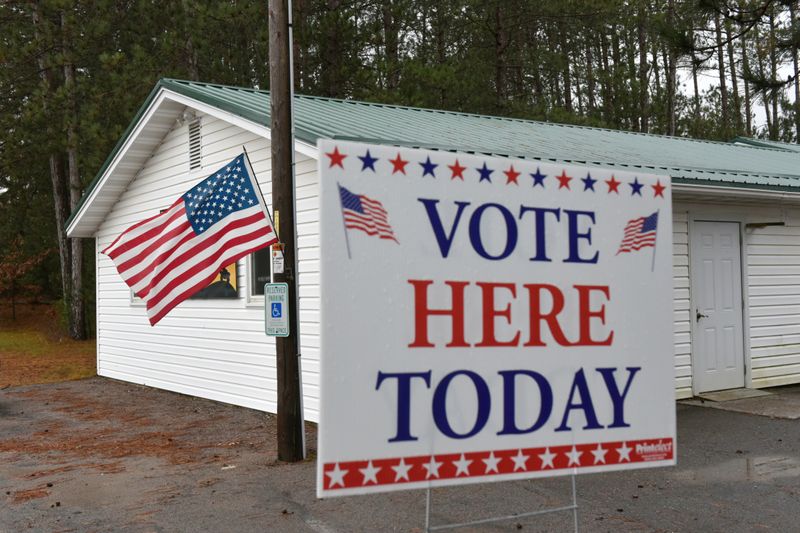By Joseph Ax
(Reuters) - Advocacy groups sued Wisconsin election officials on Monday, seeking to force the state to send every voter an absentee ballot request form, hire more poll workers and launch a public education effort to ensure voters understand their options ahead of November's presidential election.
The complaint is the latest salvo from voting rights activists, who have filed dozens of lawsuits around the country to increase ballot access, such as universal vote-by-mail, in light of the coronavirus pandemic.
Wisconsin was at the center of the battle in April, when a last-minute effort by Democratic Governor Tony Evers to postpone the primary election was stymied after Republican legislative leaders challenged his order in court. With many polling places shut down due to a lack of poll workers, many voters waited in long lines, risking infection.
Monday's lawsuit, filed in federal court in Madison, the capital, said tens of thousands of voters were disenfranchised after they "encountered obstacles at almost every stage of the election process," including crowded poll places and thousands of absentee ballots that were either not delivered or arrived too late.
The burdens fell disproportionately on minority, disabled and immuno-compromised voters, according to the lawsuit, which was filed by Disability Rights Wisconsin, Black Leaders Organizing for Communities and three individual Wisconsinites.
A spokesman for the state elections commission, which was named as a defendant, declined to comment on pending litigation.
Also on Monday, the League of Women Voters of New Jersey and other groups sued New Jersey in federal court, arguing that the state's signature-match requirement for mail-in ballots disenfranchises thousands of voters, particularly immigrants, minorities, the elderly and the disabled.
The two lawsuits join a plethora of others as activists warn that the ongoing coronavirus outbreak could throw November's election into chaos without immediate steps to make it easier for voters to cast ballots by mail.
Many of the lawsuits are backed by Democrats, who argue they are trying to protect voters' rights in a public health crisis and that Republican resistance is intended to disenfranchise minority and other voters who tend to vote Democratic. Marc Elias, the attorney leading the party's efforts, has pending cases in 17 different states

Republicans have argued that loosening restrictions could increase the potential for voter fraud, though examples in the United States are exceedingly rare. President Donald Trump, a Republican, has echoed those arguments, saying without evidence that mail-in voting is rampant with fraud.